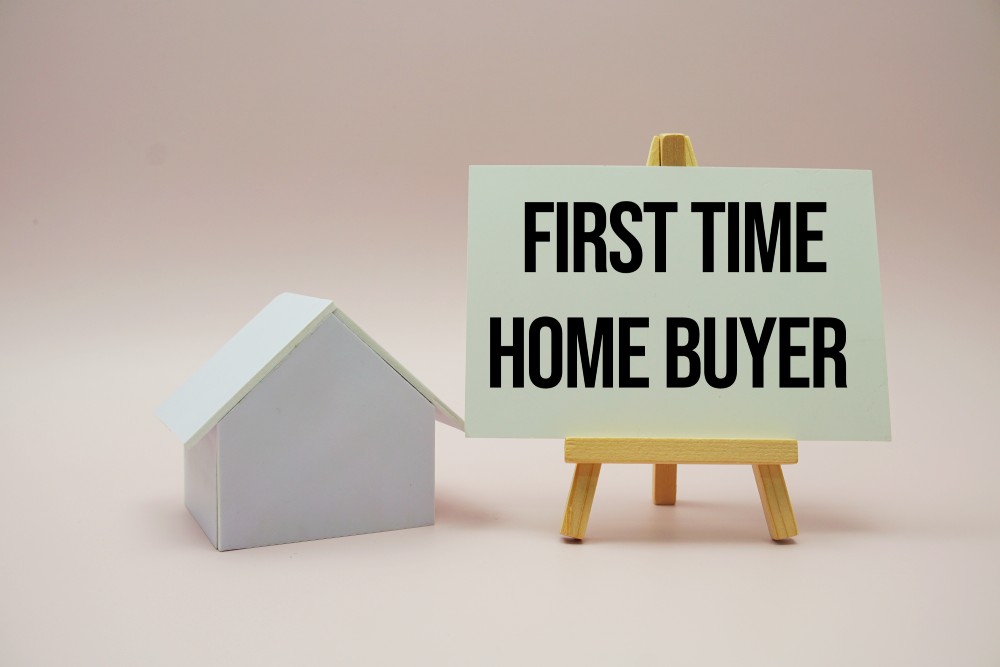Viewing houses is arguably one of the most exciting parts of buying a new house. With your options open, and possibilities endless, viewing the property that could be your next home feels like the start of something wonderful. But, as always, it’s important not to get swept up, and remember to ask the right questions when you’re viewing a house.
We all have a list of things that we want in our new house. Perhaps it’s a bigger kitchen, a garden, another bedroom, or a specific location you’re after. Either way, there’s usually things that are non-negotiable for you. While thinking of all these, it’s essential not to forget the less obvious things that could make a big difference to your quality of life or cost a lot of money later down the road. Should you decide to buy a house, you want to make sure you have a good idea of what you’re getting yourself into.
Being prepared with a list of questions gives you a clear view of the information you need from the estate agent or owner showing you around the property. There is, of course, an exhaustive list of possible questions you could ask at a house viewing. However, we’ve prepared our top eight questions that we think you should ask before you start mentally moving in.
Whilst you’re asking the questions, it’s important to make note of the answers so you can pass this information on to your solicitors. That way, they can check if what the owner has said matches up to the legal title.
Anyway, let’s jump right in.
What are the neighbours like?
You guessed it, the first one is about nosey neighbours. Neighbours can have a big impact on your quality of life. No one likes having to repeatedly ask for music to be turned down or be woken up early in the morning when students stumble in after a night out.
These things might not sound like a big deal on the day of the viewing, but further down the line, it could be a huge source of stress. It’s not a case of having to be best friends with your neighbours but knowing what you’re getting into could save you a lot of hassle. Of course, there’s no guarantee that an estate agent will know much about the neighbours. But finding out a bit of information could be useful.
What’s the local area like?
It’s all well and good falling in love with a house, but the local area could be a gamechanger. Depending on the things that you’re looking for, and the stage you’re at in your life, there are certain factors that could decide whether this is an appropriate location for your new home.
There are obvious searches you can do, like finding out what local schools are like, whether there’s leisure activities to do nearby, and if there are decent transport links. But sometimes it’s nice to get a bit of an insider’s perspective on what it’s like to live there. What are the locals like? Where are the best spots? Are there any hidden gems? Gauging whether it’s a friendly, convenient area to live in will give you an indication of what your experience would be like should you choose to move there long term.
How long have the owners lived here?
Finding out how long the owners have lived in their house could give you an idea of the desirability of the property and area. If the house has changed hands multiple times in the last few years, it might be worth digging deeper.
According to the Housing Survey 2022/2023, the average length of time someone stays in a house if they’re paying a mortgage is 9.2 years, and if they own the property outright it’s 23.2 years. Obviously, there’s nuance to these stats, and different reasons people might move. However, using this as a base line, and delving deeper into the line of questioning, if necessary, could help you to get a clearer picture.
If you want to find out more information about previous ownership, you can do a simple search on the Land Registry website, which will give you information on when it was sold, whether the property is freehold or leasehold, and how much it was sold for.
Is the property freehold or leasehold?
When you’re buying a house, you might not know that the ground that the property sits on isn’t always owned by the people who own the property. The difference between freehold and leasehold properties can sound confusing, but essentially, if it’s leasehold, you will pay to lease the ground that the property sits on.
Asking the owners a few questions about the lease can be helpful for future reference. For example, finding out how long the lease is, how much they pay for it, and how they pay for it, will help you to prepare for future transactions.
How much are the bills?
Along with the obvious, like finding out the energy rating of the property, having an idea of how much you’re going to be set back in terms of bills can give you an idea of what your monthly budget would be. Depending on your current living situation, you may be paying more for rent or your mortgage currently, which means you would be saving monthly. However, you don’t want to discount the fact that the bills at your new property could take a bigger chunk out of your income.
This could be particularly important if your living circumstances are dramatically changing. For example, going from sharing bills to paying for everything yourself can be a shock to the system. It’s important not to underestimate the difference in things like energy costs, and make sure you’re prepared. Without accurate information about the cost of bills you could be in for a nasty surprise down the road.
Does the property need any work?
Although it is highly advised you get a survey when you buy a property, which should uncover any hidden issues, it’s worth seeing if the property needs any work before you put any money down. The age of the boiler, for example, could be an additional cost later down the road should it need replacing sooner than expected. Another thing to consider is water pressure, as if it is low it could be indicative of leaks or clogged pipes, which could wrack up some plumbing bills.
And of course, there’s the aesthetics and decorating. It’s always expected to do some work on the house to make it your own, and you’ll get an idea of how much needs doing as you look around. But asking this question could give you a better idea of how much needs to be done overall. Any additional information surrounding hidden costs is valuable for prospective buyers.
Do they plan to leave anything?
Assuming things are going to be left, or not left, can leave you frustrated when you move in. For example, you may fall in love with a bespoke oven and stove and love how it makes the kitchen look and feel. Then, your heart sinks on moving day, when you find out the owners have taken it with them. Not only is this disappointing, it also adds another cost to your ever expanding list of expenses.
There may be some negotiation on the price of the house in exchange for your convenience if some goods are left behind. Let’s say you’re a first-time buyer, and you don’t have any white goods (fridge, washing machine etc). Not only are these expensive, but it’s also hard to live a normal life without them. If you don’t currently have the money, and the owner wants to leave them, this could be an opportunity to cut a deal.
On the other side of the coin, if you already have a fully furnished house, you don’t want to turn up on the moving day and find out the house is still full. Finding out what the owners plans are in terms of what they’re leaving is the best way to avoid any issues further down the line.
Do they subscribe to any services?
Another question you might not think about, is whether the owners subscribe to any services that you might have to pay for. Bin cleaners, gardeners and window cleaners could continue their service, even if you don’t want it. If the owners or yourselves don’t cancel, you could be met with an unexpected bill for something you didn’t subscribe to. Unless of course, you want to continue the service, but either way, it’s good to know.
Whether you’re a first-time buyer, or you’ve been on the property ladder for a while, it can be easy to miss things if you don’t ask the right questions. Along with making sure you ask the right questions at your house viewing, you also want to make sure you’re asking your conveyancer the right questions too. Having the right conveyancer can make all the difference when it comes to buying a new home, so making sure you’re covered on the legal side of things, should be at the top of your priority list.
Here at PM Property Lawyers, we like to keep things clear and transparent for our customers. We love helping people on one of the most exciting adventures of their lives, and that’s buying a new home. If you’re ready to take a leap, and want to make sure you’re getting the right support, get a quote today and get the ball rolling.





